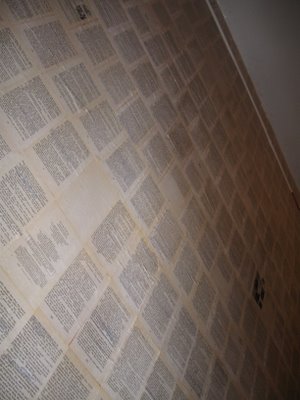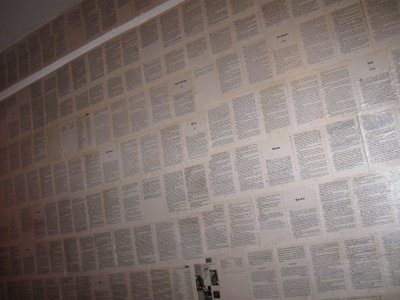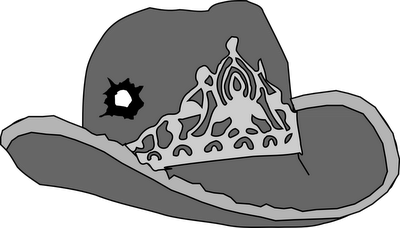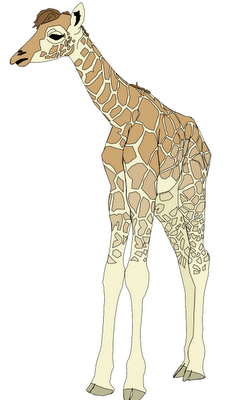January 2009 Archives
I'm catching up on my reading, going through a textbook about advertising and promotion, reading the bit about social networking sites as promotional tools. As is so often the case with textbooks, the information is out of date. Here's the problem: the book was published in 2008. Important news for textbook publishers: It's impossible to write about the internet in print. By the time the books gets to print and into the hands of readers, what was good, current information is out of date and outmoded. Print isn't fast enough.
What's the solution to this problem, then? A couple things. Thing one, I'd like to see my purchase of the textbook give me access to a pdf of the book as well. (A good example of a publisher doing this is The Pragmatic Bookshelf. Ubuntu Kung Fu, for example, offers a pdf option, as well as couple other neat things that I'm about to talk about.) Offering a pdf version means giving readers something searchable and easier to navigate than a physical book. That's important when the book in question isn't a novel. Thing two, I want to see online errata and updates. I know it's impossible to expect publishers and authors to constantly revise their books, but I'd really like a little community and challenge to build up around textbooks (for an example, look again at Ubuntu Kung Fu). Give me an errata section that users can contribute to, give me updates on the subject matter, give me a discussion board. In short, give me an online portal for the textbook. Make it relevant and timely. For marketing especially, things don't lie still. Timely subjects need timely textbooks, not a new version every couple years.
What's the solution to this problem, then? A couple things. Thing one, I'd like to see my purchase of the textbook give me access to a pdf of the book as well. (A good example of a publisher doing this is The Pragmatic Bookshelf. Ubuntu Kung Fu, for example, offers a pdf option, as well as couple other neat things that I'm about to talk about.) Offering a pdf version means giving readers something searchable and easier to navigate than a physical book. That's important when the book in question isn't a novel. Thing two, I want to see online errata and updates. I know it's impossible to expect publishers and authors to constantly revise their books, but I'd really like a little community and challenge to build up around textbooks (for an example, look again at Ubuntu Kung Fu). Give me an errata section that users can contribute to, give me updates on the subject matter, give me a discussion board. In short, give me an online portal for the textbook. Make it relevant and timely. For marketing especially, things don't lie still. Timely subjects need timely textbooks, not a new version every couple years.
Not DNA or anything else anyone ever calls one of the "building blocks of life." I'm talking about real, literal building blocks, the wooden ones that children use to make towers and forts and cities. Except that I'm talking about them in a figurative sense.
This morning, I've determined that life is a lot like a block tower. Here's how the theory goes: We are a building species. We build in both literal and figurative senses. We spend time building habitats, social networks, routines and reputations for ourselves. We are builders. But we're not building with concrete and rebar. We're building with (you guessed it!) blocks. Block towers can be sturdy or not, inventive or not. They can be anything imaginable. There are block towers that fall over if there's a breeze or someone shakes the table. No block tower can stand up to a determined kicking.
So, we spend our lives building block towers. In fact, our lives are block towers. Sometimes, if we really like the tower we've built, we spend ages admiring it. It's such a great block tower that we can't imagine any other. But then, if we're being pessimistic, the fear can set in. What if someone comes along and kicks the block tower down? If we add another few blocks, mightn't it ruin this beautiful tower? Best to leave it as is and hope nothing bad happens. To me, this is a problem. We're builders. Why should anyone spend a life trying to protect their existing block tower?
What's the best way to keep our block towers from getting kicked over? Tear them down before someone else does. We may think that we already have the best possible block tower, but maybe it can be better, or at least different. We need to learn to tear down our own towers. When we're not busy trying to protect the towers we've built, there's way more energy available to imagine and build better towers.
This morning, I've determined that life is a lot like a block tower. Here's how the theory goes: We are a building species. We build in both literal and figurative senses. We spend time building habitats, social networks, routines and reputations for ourselves. We are builders. But we're not building with concrete and rebar. We're building with (you guessed it!) blocks. Block towers can be sturdy or not, inventive or not. They can be anything imaginable. There are block towers that fall over if there's a breeze or someone shakes the table. No block tower can stand up to a determined kicking.
So, we spend our lives building block towers. In fact, our lives are block towers. Sometimes, if we really like the tower we've built, we spend ages admiring it. It's such a great block tower that we can't imagine any other. But then, if we're being pessimistic, the fear can set in. What if someone comes along and kicks the block tower down? If we add another few blocks, mightn't it ruin this beautiful tower? Best to leave it as is and hope nothing bad happens. To me, this is a problem. We're builders. Why should anyone spend a life trying to protect their existing block tower?
What's the best way to keep our block towers from getting kicked over? Tear them down before someone else does. We may think that we already have the best possible block tower, but maybe it can be better, or at least different. We need to learn to tear down our own towers. When we're not busy trying to protect the towers we've built, there's way more energy available to imagine and build better towers.
Books are different from TV. We know this. The difference I'm thinking of today is in the way their story arcs work. In books (the ones that aren't part of a series, I mean), there's a little bit of a problem. Maybe not everyone has this problem, but I do. I constantly find myself wanting to hurry up and finish the book, just so that I can see how the story ends. But when I finish it, I realize that it's all over. There is no more. Not only is the story over, but the characters and setting are all gone, too. And then I get sad.
This is an area where TV wins. Or where TV series win, at least. The joy of a good TV series is that the viewer gets a satisfying story arc every week, but with the added bonus of not losing everything else at the end of a given story. The characters and setting stick around for another arc next week, with the added bonus of a little more backstory than before.
This quality can make TV, as well as series novels, very attractive. It makes for strong relationships between viewers and characters (I say between, but it's quite one sided) while providing lots of satisfying conclusions to stories.
This is an area where TV wins. Or where TV series win, at least. The joy of a good TV series is that the viewer gets a satisfying story arc every week, but with the added bonus of not losing everything else at the end of a given story. The characters and setting stick around for another arc next week, with the added bonus of a little more backstory than before.
This quality can make TV, as well as series novels, very attractive. It makes for strong relationships between viewers and characters (I say between, but it's quite one sided) while providing lots of satisfying conclusions to stories.
For several months, my living room has looked like a disaster, thanks to a particularly nasty shade of red on the walls. I'm not keen on painting a small room in a colour dark enough to cover the red. That means that my only real option is wallpaper. But wallpaper is expensive. Solution? Cover the walls in the pages of cheap, second hand teeny bopper romance novels. Six books (that's roughly 1200 pages) and 2L of podge later, two out of four walls are done. Once all four walls are done, up go the shelves and on with the books that are more for reading than tearing apart.







